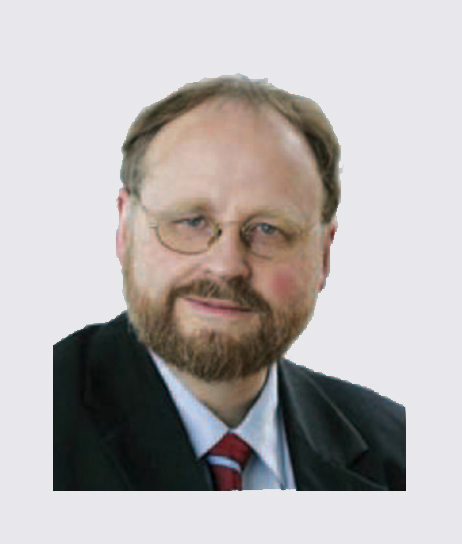Rapporteur Heiner Bielefeldt: Limitations on religious freedom have “chilling effect”

In a statement published 15 November 2010 in New Europe, Heiner Bielefeldt, United Nations Special Rapporteur on freedom of religion or belief, underscored the “broad scope of application” of freedom of religion or belief, a scope which should include groups and communities large and small, old and new, and which protects “theistic, non-theistic and atheistic beliefs, as well as the right not to profess any religion or belief.” Many people worldwide are excluded from such protection, noted Mr. Bielefeldt, and live vulnerable to restrictions and discrimination impacting not only religious choices but also employment and family life, including marriage. Noting that Article 1 of the Universal Declaration of Human Rights stresses that “all human beings are born free and equal in dignity and rights,” Bielefeldt reiterated the obligations of all States to combat all forms of discrimination, including gender discrimination.
While the threshold for limitations on religious freedom must be very high, “in order not to have a chilling effect on the exercise of freedom of expression or other human rights,” Bielefeldt added that at the same time, freedom of religion or belief “does not include the right for one’s religion or belief to be free from criticism or all adverse comment.” He concluded by asserting that “promoting freedom of religion or belief is vital for building a holistic system of human rights protection, based on due respect for the inherent dignity of all members of the human family.”